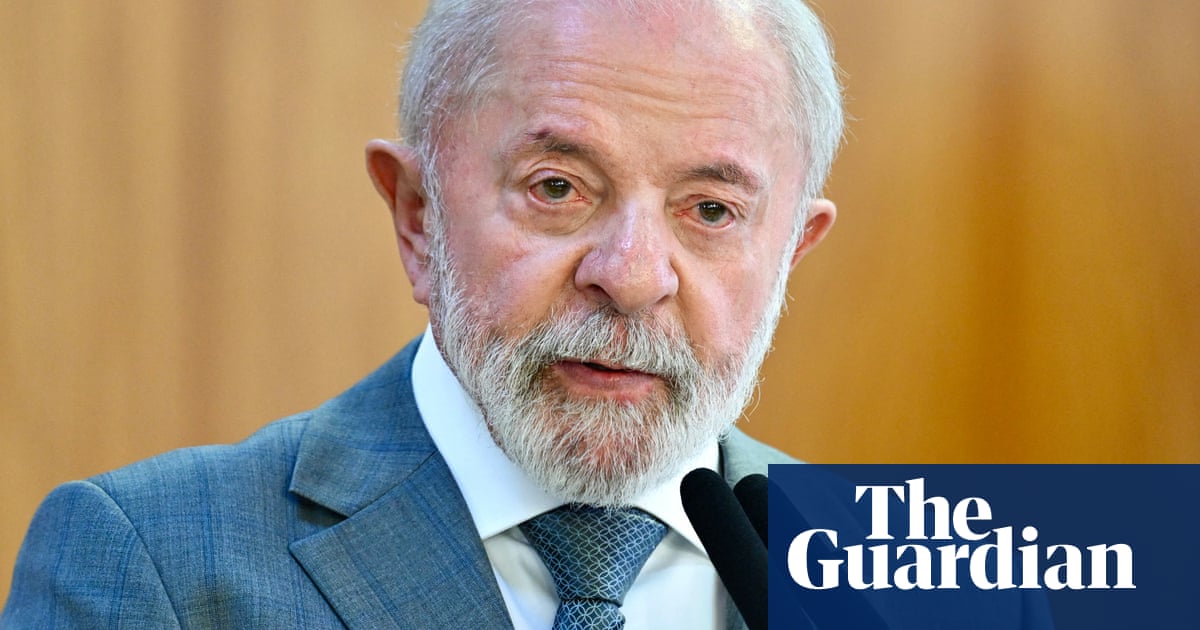Brazil Plans Retaliation Against US Tariffs Amid Trade Tensions

Brazil is actively formulating strategies to respond to the recently announced 50% tariffs imposed on its exports by the United States. This move is expected to further escalate tensions in what has been described as a trade war initiated by former President Donald Trump against Brazil, the largest economy in Latin America.
On Wednesday, Trump accused Brazil of engaging in a "witch-hunt" against its former president, Jair Bolsonaro, who is currently facing legal proceedings related to his efforts to overturn the results of the 2022 elections. Bolsonaro's controversial actions have sparked significant political strife within the country, and Trump’s statements seem to reflect a growing concern over Brazil’s internal political dynamics.
In response to Trump's aggressive tariff strategy, Luiz Inácio Lula da Silva, the current president of Brazil, immediately signaled his government's intention to retaliate. Lula asserted in a public statement, "Brazil is a sovereign nation with independent institutions and will not accept any form of tutelage," underscoring Brazil's commitment to maintaining its autonomy in international relations.
Furthermore, Lula disputed Trump’s assertion that the economic relationship between Brazil and the US is “far from Reciprocal,” emphasizing that the claims made by the former president were misleading. He remarked, "US tariff hikes will be addressed" by Brazil, indicating a strong stance against the proposed tariffs.
In the early hours of Thursday, President Lula convened a meeting with his cabinet ministers to strategize on how to effectively respond to the looming 50% tariff threat from the US. The office of Lula’s chief of staff announced that a specialized study group would be formed to evaluate the situation and propose potential countermeasures.
Trump has indicated that any retaliation from Brazil would lead to further escalated tariffs, stating that should Brazil decide to raise its tariffs in response, the US would impose an additional charge on top of the existing 50%. This threat was delivered in a letter to Lula, which Trump shared publicly on social media, intensifying the atmosphere of uncertainty surrounding bilateral trade relations.
The proposed tariffs on Brazilian goods form part of a broader set of US levies introduced by Trump earlier this week. Initially, the White House had planned to implement tariff increases on a wide range of countries, but Trump has opted for a three-week delay, pushing the effective date to August 1. This extension gives time for negotiations, but the risk of heightened tensions looms large.
Additionally, Trump has reached out to several other nations, including Bangladesh, Japan, and South Korea, notifying them of the new tariff rates they could face unless they negotiate favorable agreements with the US administration. This indicates a strategic approach aimed at reshaping global trade dynamics in favor of the US.



























